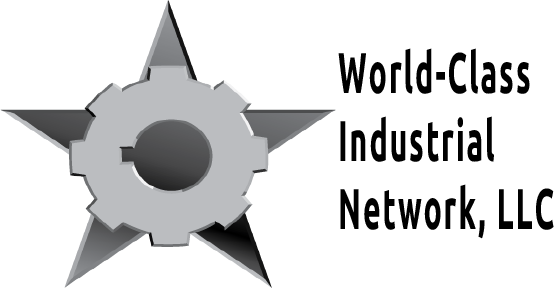Last week, my colleague Rich blogged about the challenges of becoming Salesforce certified. In his view, a person is more likely to be successful at becoming certified through experience over studying. In my (admittedly much shorter) experience working with Salesforce, I tend to agree that experience is a more valuable certification tool than studying. However, as a newbie, I’m in the process of studying for my administrator certification now, so I thought I’d share some of my key thoughts about it:
I have taken so many practice tests and quizzes, from Salesforce Ben, Focus on Force, Certified on Demand, and Chicago SFDC, to name a few. To validate Rich’s point, I’ve passed my practice exams … but failed the actual exam recently when I gave it a try (I’m already working toward re-taking it). I think that, as many other bloggers have mentioned, the content of many of these exams and quizzes was accurate and helpful - but the question structure did not match the question structure of the exam. Therefore, to help myself prepare better for my retake, I’ve been trying to take exam and quiz questions and flip them on their head -- in other words, trying to find the questions from the answers. Also, I've been doing a lot of Trailhead modules (and superbadges) ... hopefully these strategies move me toward certification success!
One of my biggest challenges in becoming Salesforce certified is my background as a nonprofit program evaluator. While I have a strong grasp on data management and analysis, my business acumen is fairly specific to the nonprofit sector - and in particular, the small, community-based organization type of nonprofits. So, questions on the exam that have examples related to “Support Teams” and “Sales Tiers” get me immediately freaked out. I’m trying to make useful examples for myself on various topics - even fairly straight-forward for-profit topics such as quotes and orders - but I’m looking forward to a day when the Salesforce exam includes examples from a variety of industries, since so many industries are already SF users!
